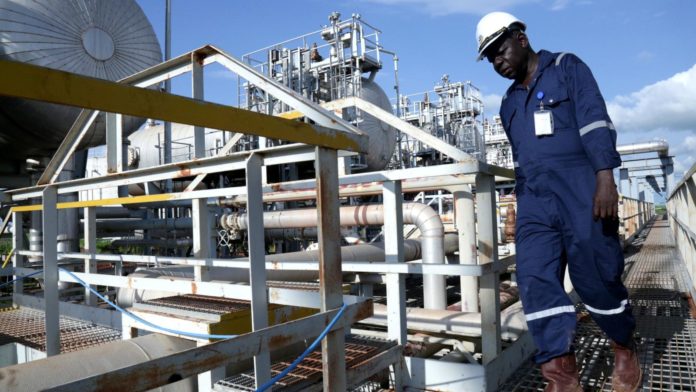There’s no doubt that the human cost of Covid-19 has been telling, with the number of deaths having recently peaked in excess of one million across the globe.
However, it can also be argued that the eventual socio-economic cost of this global pandemic may ultimately be even more damaging, with a number of countries have entered into a recession during Q3 and the world’s financial markets have endured numerous peaks and troughs of late.
As a result of the latter, the demand for a number of key commodities has also reduced dramatically throughout 2020, with crude oil offering a relevant case in point. But how has this commodity performed in Africa, and what’s the outlook for the near and medium-term?
How has African Exports Been Impacted by the Covid-19 Outbreak?
The outbreak has certainly had a destabilizing impact on global oil production levels in 2020, with OPEC having leveraged its robust, informative, and collaborative model to encourage member nations to accept responsibility for slashing their own output.
Surprisingly, all of but one of OPEC’s allied nations has agreed to its recommended production cuts, including typically rogue members such as Russia and Mexico (who pledged to slash output by a staggering 9.7 million barrels per day).
Help! Ex-NTV star Lolani Kalu begs as he opens up on hard life
This has driven global production to their lowest levels since 1991, in a bid to bring supply in line with demand and maintain a balance price point for oil as a commodity.
While this may be seen as largely positive news, OPEC’s cuts have had a dramatic and initially negative impact on a host of oil-rich African nations.
This effect began in May when OPEC members agreed to slash output by 23% each, primarily because many African nations rely significantly on the revenues generated from petroleum commodities in the global marketplace.
Amongst the most impacted nations are Angola, Nigeria, and Gabon, who have seen their GDP values crash in 2020 as global oil demand initially sank. In fact, Nigeria’s GDP declined by a whopping 6.1% in Q2 2020, after prices tumbled by a staggering 25% towards the end of April.
This decline was felt throughout Africa, particularly when Brent crude prices plunged to record lows of $19.99 on April 28th.
What’s the Future Outlook Like?
Despite these stark, initial losses, the African Petroleum Producers Organisation has thrown its own weight behind OPEC’s measures, largely because they’re expected to deliver positive results over an extended period of time.
In theory, sustained production caps should help to elevate prices as global demand begins to increase incrementally, and there’s some evidence that this trend is already beginning to take hold in the marketplace.
In fact, Arthur Idiatulin from Tickmillsays that oil prices rose at the end of last week and remain poised to record a weekly gain for the third consecutive week.
This is thanks largely to the efforts of OPEC and the collaborative approach of individual members, which have helped to offset disappointing employment data in the US and a steep rise in jobless claims.
Still, there’s more work to be done here, with some OPEC members required to cut production by an additional 2.31 million barrels per day to compensate for ongoing overproduction.
Ultimately, this could cause further short-term pain for some African nations, while paving the way for a more favorable medium-term outlook as global demand begins to increase.








